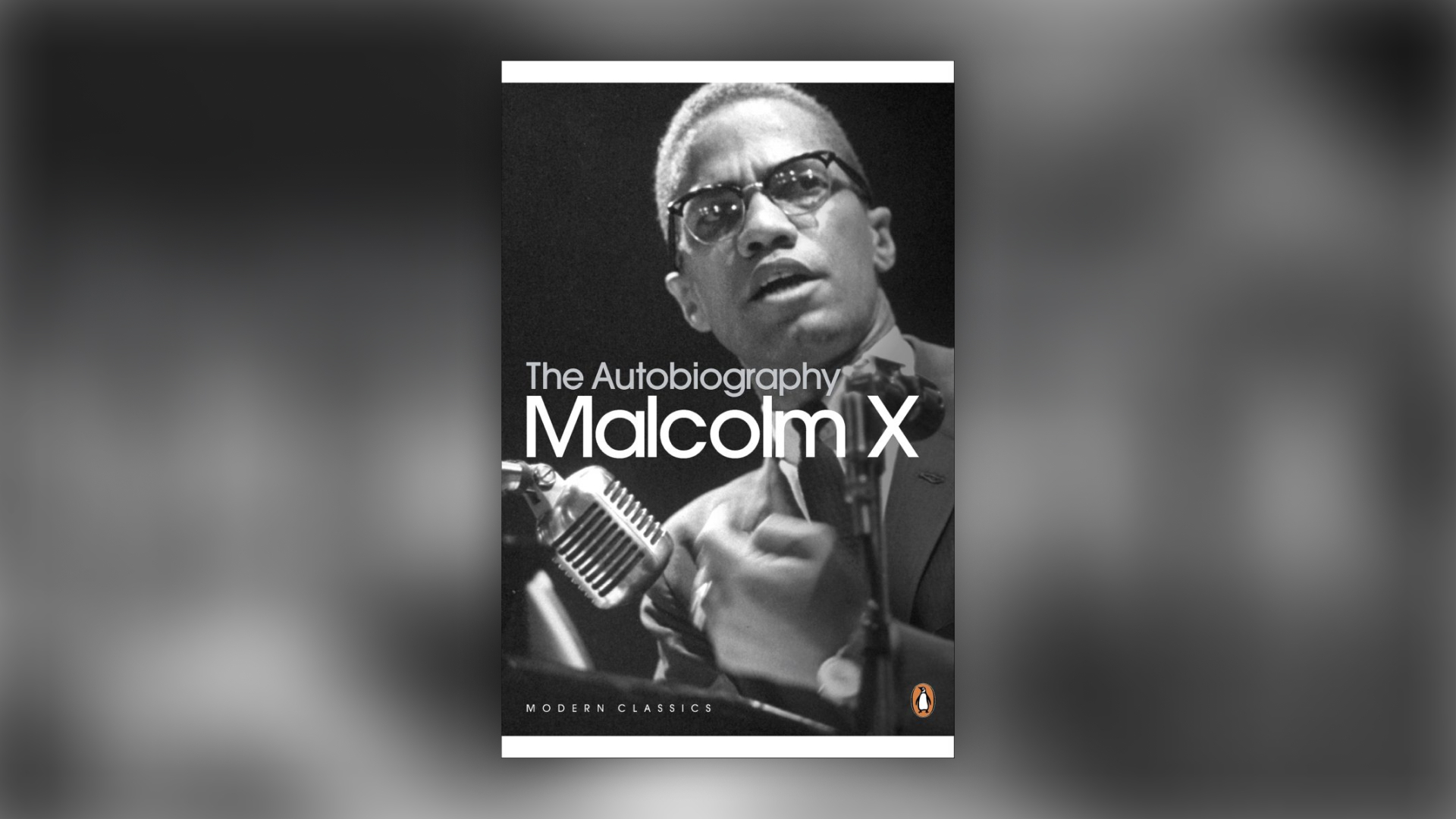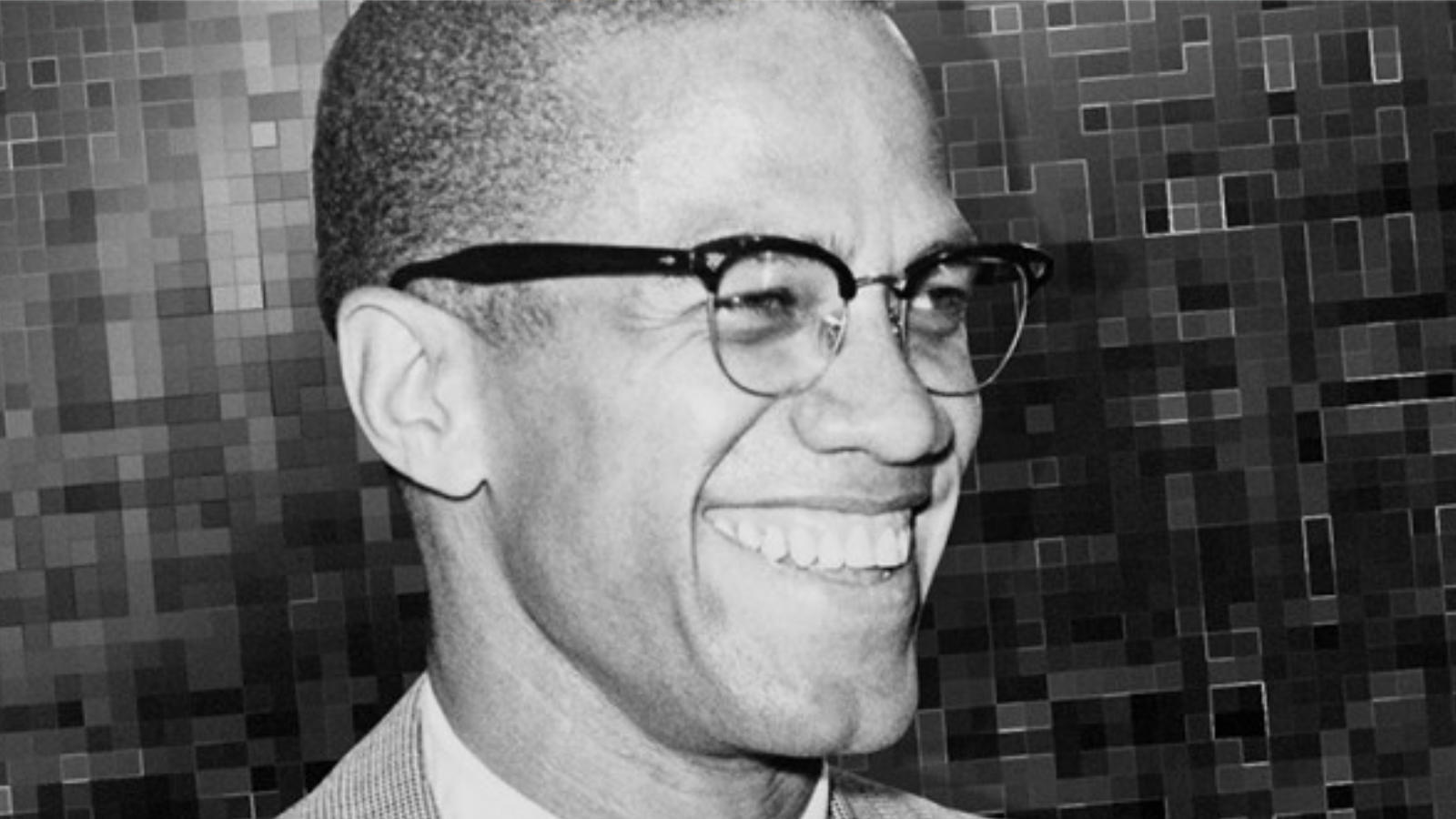Reviews
The Autobiography of Malcolm X by Malcolm X and Alex Haley
Essential reading for anyone who wants to understand race, racism and transformation.
Stephanie Wong | 10 May 2018

Image credit: Act Build Change.
This post uses affiliate links which means that when you buy an item using the link provided we receive a portion of the sale. Affiliate links are marked with a ⟡
Malcolm X is one of the most radical figures of the 20th Century. This autobiography shares his extraordinary life and the growth of the Black Muslim movement.
Three takeaways
- Malcolm’s words commanded a respect that America mostly feared
- He saw America as a violent neo-colonialist system that integration could not solve
- We can transform ourselves over time: our thinking is not static
Nightmare
Chapter one titled Nightmare brings us into Malcolms childhood. Very early in his life, Malcolms family home is torched by the Ku Klux Klan; his father is murdered and his mother is sent to a mental institution. Malcolm refers to his grandfather as the rapist who has infected his DNA. He becomes a foster child; with a justifiable rage for white people.
By sixteen, Malcolm is dealing drugs, carrying guns and stealing. At 21 he is in prison. Here, he discovers Allah, the religion of Islam and Elijah Muhammad. After leaving prison, he becomes one of Muhammads most legendary disciples.
Reading our way to freedom
In prison, Malcolms brother introduces him to Islam. His primary instruction to young Malcolm is to read:
From then until I left that prison, in every free moment I had, if I was not reading in the library, I was reading on my bunkmonths passed without my even thinking about being imprisoned. In fact, up to then, I never had been so truly free in my life.
Nation of Islam and Organising
After release, Malcolm is an active member of the Nation of Islam. He travels to Detroit, Boston, Philadelphia, and Harlem to establish new temples. He tells his followers of the evil, white blue-eyed devils and urges them to seek solidarity with movements across Africa and Asia. For many of the poor, young black folks growing up in harsh cities; Malcolm was a breath of fresh air. King was too middle-class and out of touch with their reality: Malcolm had lived theirs. By 1961, Malcolm takes the Nation of Islams hundred or so members and organises it into a seventy-five thousand strong movement.
Integration is not the answer
Malcolm vehemently opposed the nonviolent arm of the civil rights movement, (largely led by Martin Luther King) and its belief that racial integration was a primary goal of the black freedom struggle.
Just as a chicken cannot produce a duck egg, the system in this country cannot produce freedom for an Afro-American.
Malcolm believed racism could not be removed through integration and the lies of the white American Dream. He believed black peoples aspirations would not be made true in a racist society that denies its non-white citizens the opportunity to dream. For Malcolm, racism was much deeper than Southern segregation. He wanted to get to racisms root and allow the stench of its rottenness fill up everyones lungs.
Malcolm X: a man of transformation

My whole life has been a chronology of changes.
Three days before his death, Malcolm said:
I'm man enough to tell you that I cant put my finger on exactly what my philosophy is now.
Malcolm Little was buried as El-Hajj Malik El-Shabazz and lived almost his entire life as Malcolm X. Through life, Malcolm transformed himself and his beliefs many times. Be it as a teenager in Boston; to his reinvention in prison; to being expelled from the Nation of Islam and his pilgrimage to Mecca. Towards the end of his life, Malcolm deepens his embrace of Islam and the brotherhood of all mankind; including the white people he hated for so long. After Mecca, he had little time left and unfortunately little was resolved or reconciled.
Barack Obama as a young man was deeply moved by Malcolms autobiography. Obama wrote in his own autobiography, Dreams from My Father:
His repeated acts of self-creation spoke to me. The blunt poetry of his words, his unadorned insistence on respect, promised a new and uncompromising order, martial in its discipline, forged through sheer force of willThat affirmation that I am a man, I am worth something, I think was important. And I think Malcolm X probably captured that better than anybody.